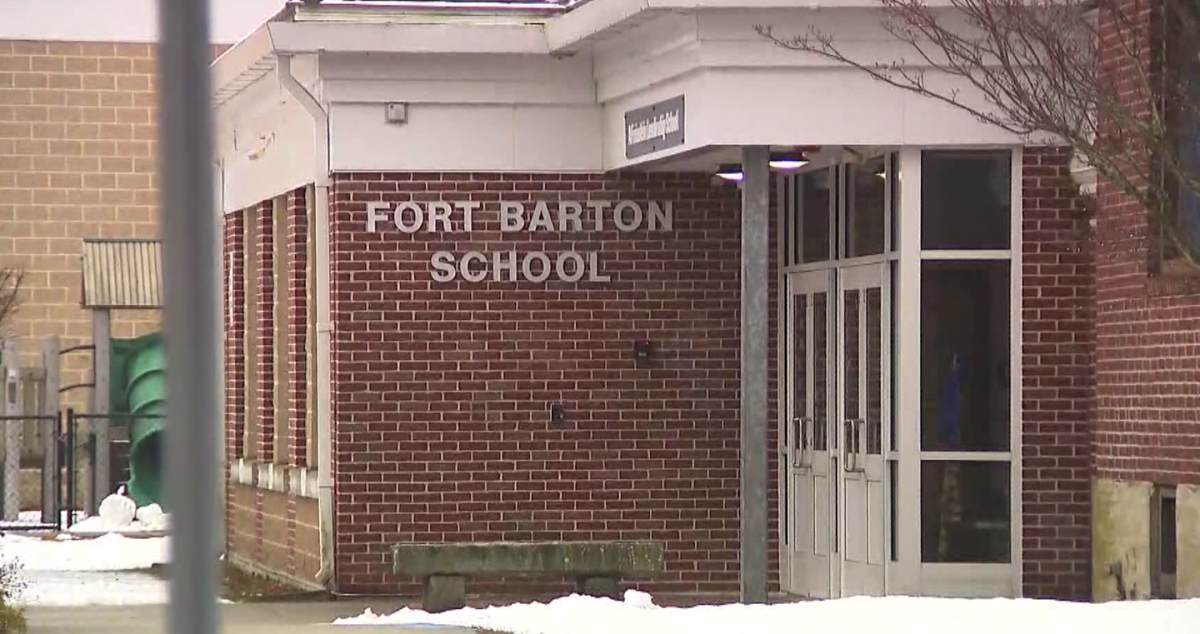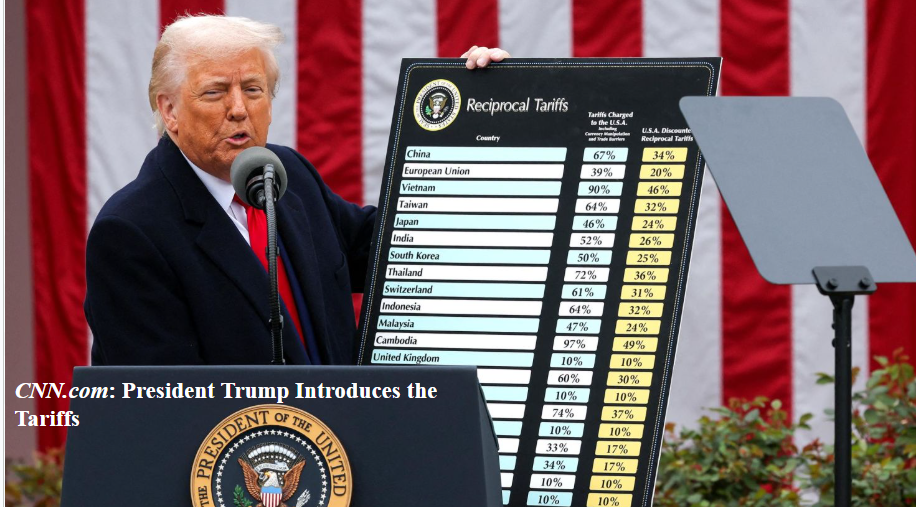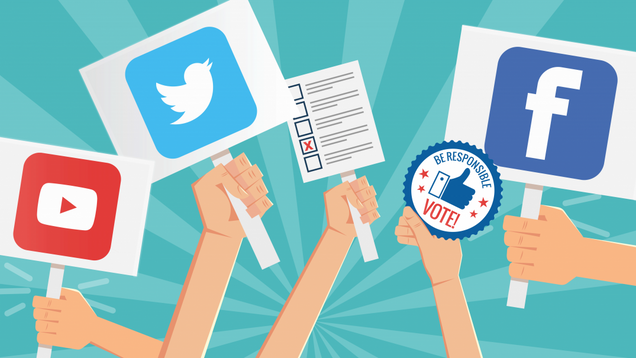In roughly twenty-seven years, the use of social media has skyrocketed. According to the University of Maine, there are 4.8 billion social media users worldwide, making up about 60% of the global population. Social media has major effects on the political leanings of its users, as many people choose to rely on the news that they see through social media, leading to the rapid spread of misinformation.
In 2022, Elon Musk made an offer of $44 billion to buy twitter, tweeting “for Twitter to deserve public trust, it must be politically neutral, which effectively means upsetting the far right and the far left equally” (X). Musk brought into question the neutrality of Twitter and promised to create a fully neutral platform. Within the next few months, Musk unbanned many accounts, including Donald Trump’s account, and called a team of engineers to alter the platform’s algorithm to inflate the reach of his tweets by a factor of 1,000. This led to a huge percentage of the people active on Twitter– now called X– seeing Musk’s tweets, and according to the New York Times, in five days, almost one third of his 171 tweets were false, missing context, or misleading. This means that millions of people who used X, many eligible to vote in the 2024 election, were subjected to misinformation spread by the owner of the company. This is just one example that misinformation plays a massive role in social media, especially in terms of politics, and can often affect users negatively.
In the 2024 presidential election, both presidential candidates– Kamala Harris and Donald Trump– used social media to reach a younger demographic and a wider group of people throughout America. They used social media to rally support and elucidate the goals of their presidencies. Many people chose to spread misinformation about the presidential candidates online to attempt to boost their chances of winning and lessen the appeal of the other candidate. Both Harris and Trump have tailored their posts to specific audiences that more often lean Democratic or Republican to gain their vote. This was especially important in swing states, or states that do not consistently vote Democratic or Republican, as these states mostly determine the outcome of the election. The use of social media, and more importantly the spread of misinformation could change not only the outcome of the election, but the future of the nation.
Overall, since the rapid rise of use of social media in the last two decades, politicians and their supporters have utilized it to lobby in support of their candidacies. The spread of misinformation on social media is not only dangerous, but extremely fast, affecting the political opinions of voters across the nation. This best illustrates the importance of being able to see if something is reliable or not, through looking at who is writing the source and their credibility (education, knowledge of the topic), potential media bias, the accuracy of the source when compared to other sources, and how recent the source is.























